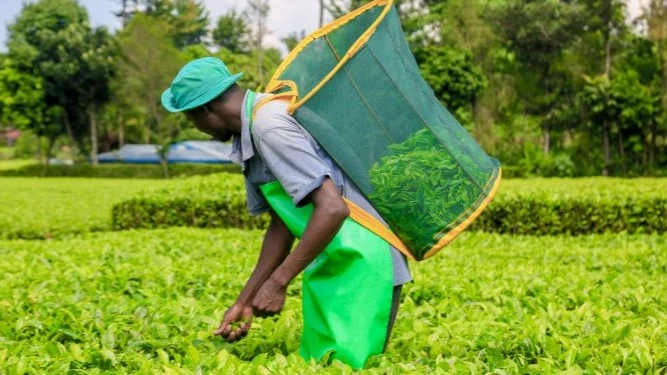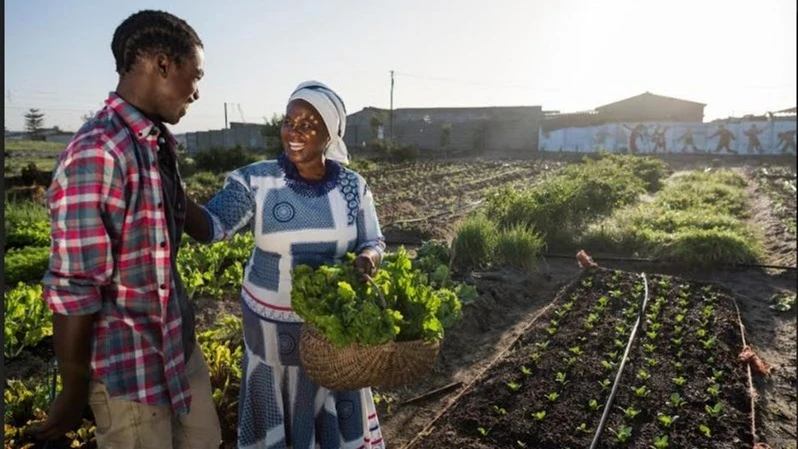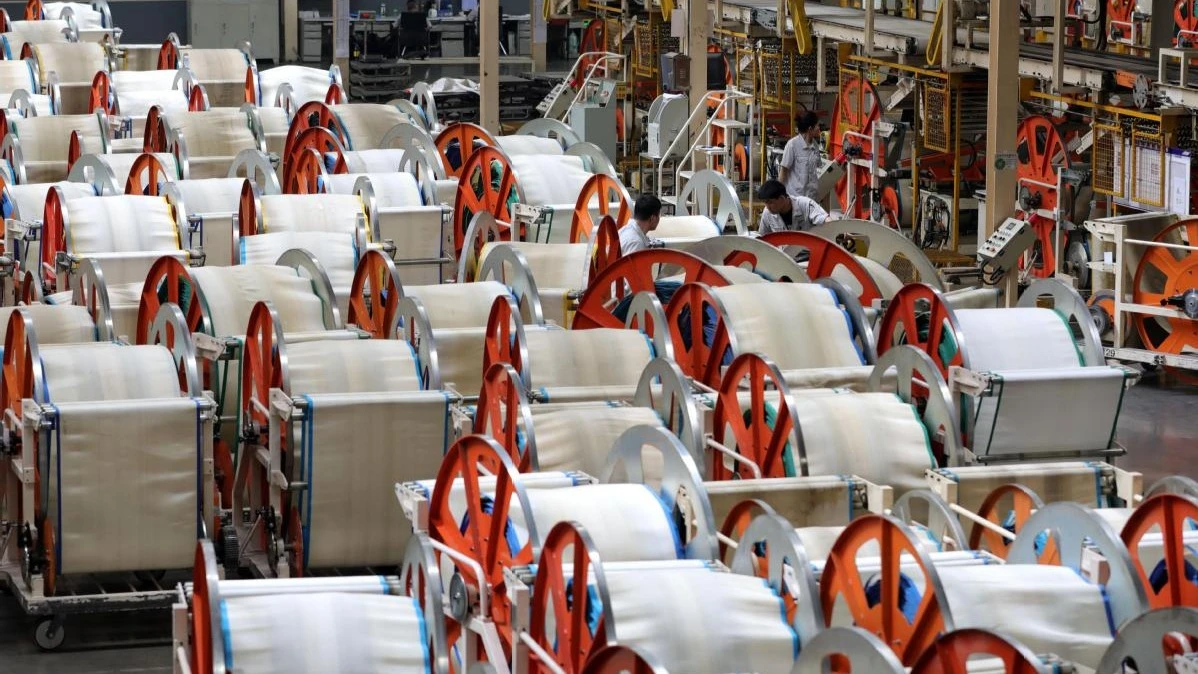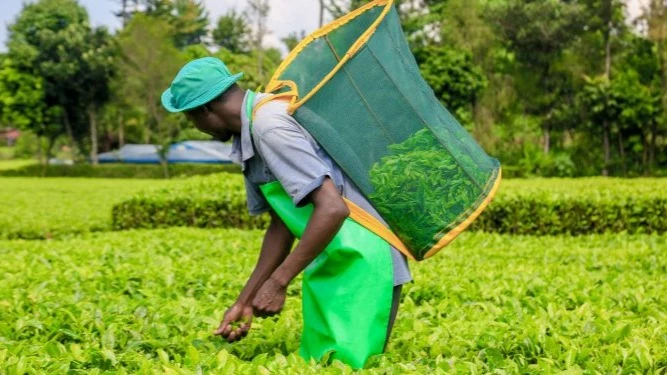Gov’t suspends $2.43 price floor on tea as glut intensifies

The rising pile of unsold tea in the Mombasa auction has forced the government to drop the minimum reserve prices set in 2022, which aimed to cushion the market from falling prices of the beverage.
“The Secretariat wishes to inform the trade that the minimum reserve prices which was imposed on Kenyan teas by the government in 2022 with the aim of stabilizing the market and cushioning the declining tea prices has been suspended,” the association said.
The latest data indicates that more than 100 million kilograms is yet to be sold. The longer they remain at the auction, the quicker the loss of their quality.
The Kenya Tea Development Agency (KTDA) has been blamed for poor management. The agency handles almost 90 percent of Kenya’s tea. On the other hand, officials from the agriculture sector have noted that high unsold volumes of tea can be attributed to depreciating quality in production.
This comes even as competition from other producers heightens, with Rwandan tea fetching higher prices at the auction, surpassing Kenya.
The removal of the minimum price is intended to allow trading flexibility and hopefully give buyers the opportunity to clear the stocks from the second-largest black tea auction in the world. However, the association has called upon producers to prioritize better agricultural and processing practices to uphold the quality delivered at the auction.
As buyers continue rejecting tea from certain regions over quality issues, lower bonus payouts and farmers’ dissatisfaction inevitably follow. In the latest auction, massive volumes came from KTDA factories east of the Rift Valley, with those from the western side facing higher rejection rates.
Kenya is a net exporter but industry critics have questioned whether the auction method of selling the beverage aligns with the dynamic market. Some of the experts have called for the country to embrace aggressive marketing strategies that will require a uniform quality assurance system for the beverage.
Data from the latest weekly Mombasa Tea auction reveals that KTDA factories located west of the rift valley continue to fetch low prices and sale volumes compared to their eastern counterparts.
According to the data, eastern-based factories like Kimunye, Theta, Kagwe, Ikumbi, Kanyenyaini, Igembe, Imenti, and Mataara registered the highest values of tea sold. Those in the Rift Valley like Kapset, Kolel, Litein, Kaptumo, Chebut, Boito, Motigo, and Mogogosiek fetched lowest values.
Last month, tea farmers from various regions in the western-based factories complained about poor bonuses with some factories like Nyamachae, Mogogosiek and Kapset declaring payouts worth KSh 20 per kilogram. Others paid little or no increments despite earlier promises by their respective factories.
On the flip side, factories in the central region all the way to Meru, paid their farmers as high as KSh 60 per kilogram, with many prices ranging in the fifties and forties. The stark differences in bonuses led to the eruption of riots in many tea factories where farmers were dissatisfied, accusing their directors of cheating them.
The violence that ensued in some areas across the South Rift led to the destruction of factories’ properties and disruptions in activities. Police responded viciously, killing one person and injuring scores of other protesting farmers.
KTDA assured farmers that these complaints were being taken into consideration but allayed questions on massive price variations with explanations about how quality from different regions influenced sales at the auction.
The agency’s chair, Enos Njeru, said that bonus figures as set for each factory was in tandem with global accounting standards.
“Tea from different factories fetch varying prices ar markets – either through the auction or direct sales. This difference is driven by consumer preference with buyers willing to pay a higher price for teas from some factories due to factors such as type of soil, altitude, climate, and rainfall quantity,” KTDA explained.
The situation in the tea industry has been compounded by the country’s inability to clear pending stocks from the previous year. More than 100 million kilograms remained unsold due to diminishing quality and existent price floors that hinder flexibility.
The agency blocked direct sales and removed the price floors causing a glut of stocks to hasten sales, but this also led to the slump in bonus rates.
The declining value of Kenyan tea in the East African market has led farmers to contemplate whether the costs of production are worth it, even as over 600,000 farmers await bonus payouts in the middle of this month.
Top Headlines
© 2024 IPPMEDIA.COM. ALL RIGHTS RESERVED

























